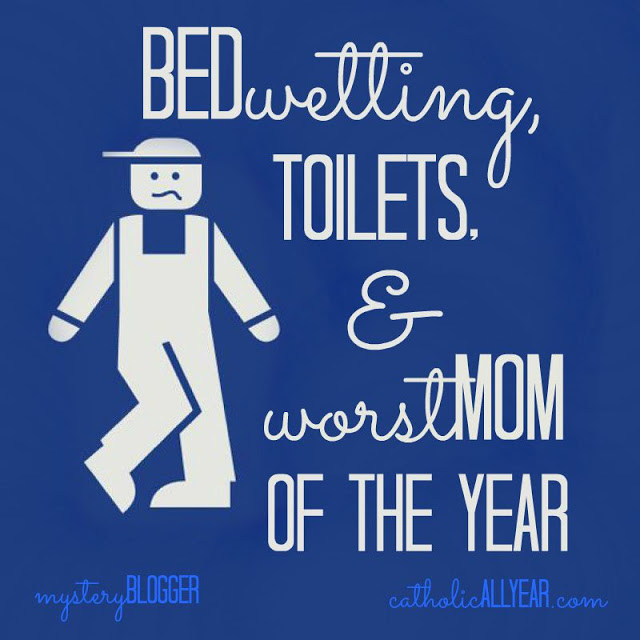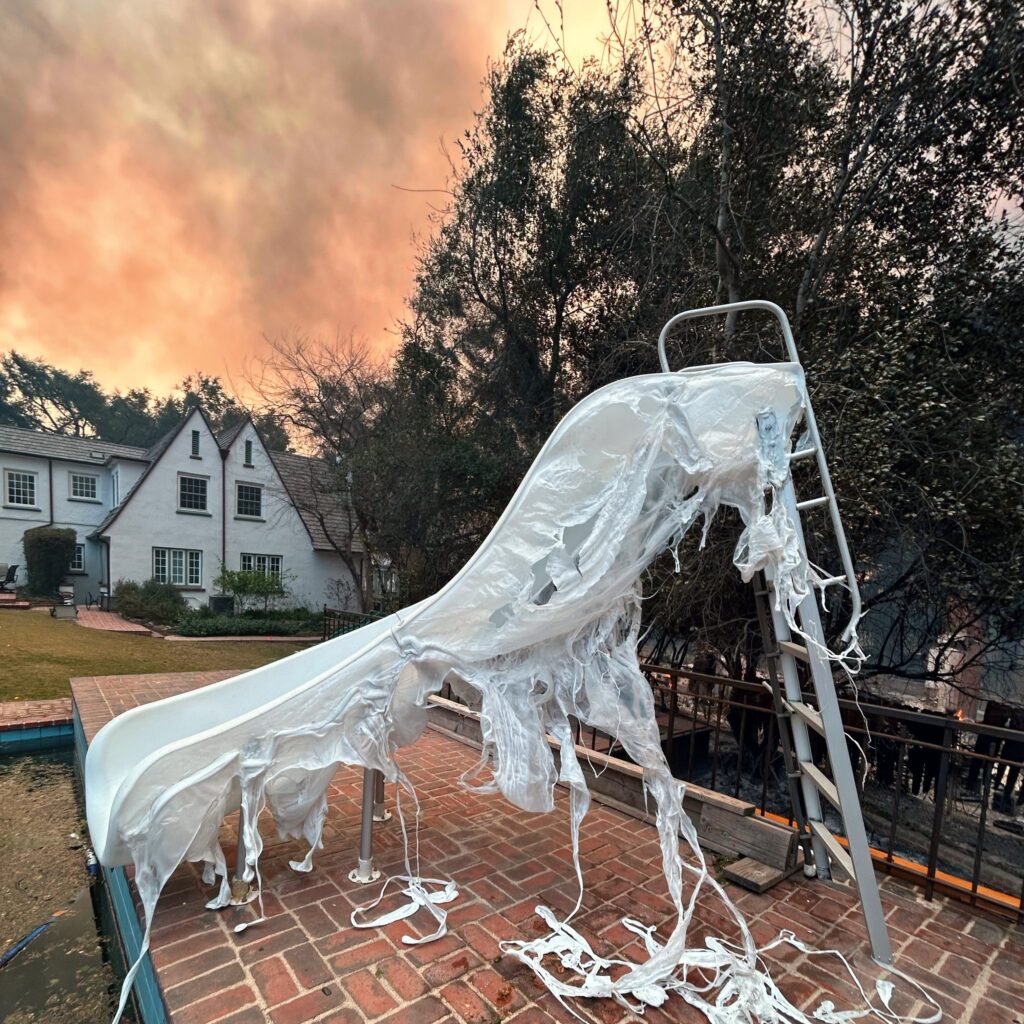I’m terrible at taking blog breaks, or relaxing in general. But
just in case I do happen to feel like relaxing with this new baby when
the time comes, I’ve asked some of my favorite bloggers to guest post
for me. But not in the usual way.
Blogging is a great way to share insights and experiences. But,
sometimes, as much as we’d like to start a discussion, it’s not our
story to share, or feelings could be hurt, or relationships damaged. So,
for my guest posting series, I asked bloggers to share here,
anonymously, posts they felt they couldn’t put on their own blogs.
I hope you’ll find them as compelling as I have.
-Kendra
The pharmacy tech glanced up at me, smiled and quipped, “What’s the special occasion?”
I must’ve looked confused because she asked again, this time pointing to my Dr. Who themed earrings.
“Where you headed?”
I sighed and just explained I was a huge fan, but that my monthly pharmacy visit for my son’s two urology medications was rarely deemed a “special occasion.”
And thus, the life of a mom who has a son who suffers from a difficult and emotionally charged case of overactive bladder.
In the early days, nearly ten years ago, we chalked up Christian’s* frequent and very heavy bedwetting to the boy factor. His older brother, five years his senior, had some wetting issues and there’s some family history. His younger sister was potty trained in less than three days. Go figure. By the time his older brother turned five, we had largely abandoned pullups at night, with only the occasional bed wetting incident. With Christian, it was a different story.
We tried the usual:
- Limit liquids after 6pm
- Avoid the four “C’s” which irritate bladder function: caffeine in all forms, citrus, carbonated beverages
- and foods high in Vitamin C
- Increase water intake during the day to prevent constipation which leads to abnormal bladder function in young children
- Wake him in the middle of the night to take him to the bathroom
- Sticker charts
- Incentive programs
- Punishment / loss or privileges (that one stings and I’ll share more in a moment)
None of it worked.
One afternoon, we were out looking at Christmas decorations and in a 90-minute span we had stopped four times to take him to the bathroom. At the end, we were all in tears and at that point, we knew it was time to visit the specialist.
The journey of navigating a confirmed diagnosis of overactive bladder has been one filled with lots of tears, many prayers and growth – for Christian and our family. If I could take back all those moments where I disciplined him for an accident, when I thought he was being defiant, I would. They have cost me hours in the confessional.
The pediatrician offered us the usual advice (see above). The first pediatric urologist we visited ended up referring us to his Nurse Practitioner. She was helpful, but not. We really got nowhere. That turned into a flow test. It’s basically where electrodes are attached near the genital area and then the patient urinates into a toilet, all while a monitor measures the intensity and frequency of the flow of urine.
In a word? Humiliating. The tears my son and I shared that day were profound. The tech was extremely apologetic but after that experience, I grabbed Christian by the shoulders, looked him in the eyes and said, “Never again. We will never do this again.”
Then there was the larger issue of school. Several days he came home smelling like urine and when I asked what happened he told me the teacher only allowed them certain times for bathroom breaks. (Don’t even get me started on the ridiculousness of that policy. If a kid needs to pee, a kid needs to pee. Let kids go to the bathroom when nature calls. Yes, a schedule is helpful in maintaining structure, but let’s use some discretion!)
We visited yet another specialist and reluctantly added medication to his regimen. It seemed to help somewhat. We tinkered with dosage for several months and finally found a sweet spot. At least for a bit. In the meantime, I secured a note from the specialist and met with my son’s teachers and the principal to discuss his diagnosis, needs and requirements. The school came around and we were feeling mostly good about his progress.
Then Christian went to summer church camp. For a week. It’s not possible for me to adequately explain my fear and anxiety in sending him off for that many days and yet, I felt like I couldn’t confide in anyone, outside of my husband. It was just too personal of a subject. My husband and I desired a normal life for him and I reluctantly sent him off to camp. Well, him and his pullups and discreet garbage bags so he could stash them in the trash can. We spoke to the camp directors and counselors. He did beautifully.
His foot locker? Notsomuch. Christian was too scared to throw the pullups in the trash so he just stuffed them in his luggage. Oy vey.
Upon his return from camp, the bedwetting increased. Five nights of the week, I was laundering soaked, SOAKED, sheets and pajamas. His self-confidence hit the toilet. Literally.
The pediatric urologist suggested surgery to “open the flow” on the end of his penis. After some serious prayer and lots of discussions with his specialist and the pediatrician we moved forward with this out-patient surgery. That’s about a $1,000 and many tears I wish we had back. It didn’t do a damn thing.
We visited the chiropractor. I was getting desperate. Not that the chiro is a “throw in the towel” moment, but the fact that we started delving into non-traditional treatments meant that we were now in a whole new realm. Hypnosis was on the table, as was acupuncture. None of it really worked. It would only work for the short-term, a day or three, then we were right back where we started.
Enter another specialist. This time, we turned to an adult urologist. He suggested a nighttime medication, to be used for longer stints away from home, and only rarely. But his primary motivation for prescribing the medication was to give his bladder a rest. He explained Christian’s system was likely feeling stressed and that perhaps with a few nights (and days) of success it might boost his self-confidence. Something he desperately needed. The specialist also reminded us boys with a family history of bed wetting typically go through a bell curve of accidents, peaking around age ten then tapering off near age 16.
The combination of medicines, positive self-talk and much prayer have allowed us to make some marked progress these past few months. There is peace again in our home. While I am weary we may have another five years ahead of us, I am hopeful for this new path.
To you moms who have a child struggling with the same issue, please take comfort in knowing that another mom feels your pain, knows your cross and is praying with you. And, thank you for letting me blog anonymously to protect our son and our family as we share a very personal struggle.
*name has been changed
p.s. Happy Feast of the Transfiguration! It’s just a tiny glimpse . . . of the glory to come!
As with all my printables, you are welcome to save the images to your
computer for your own personal use. You may
print the images and / or upload them and have prints made for your
personal use or to give as gifts. (These are sized for 8×10 or square
but will
print well much bigger.) First click on the image to bring it up in a
new window, then right click on the image to save it to your computer.
You may use my images on your blog, just please
link back to my blog. If you would like to sell my images, please
contact me first. To request a custom printable, visit my Etsy shop here.
For LOTS MORE free printable prayers, check out my Pinterest board.






